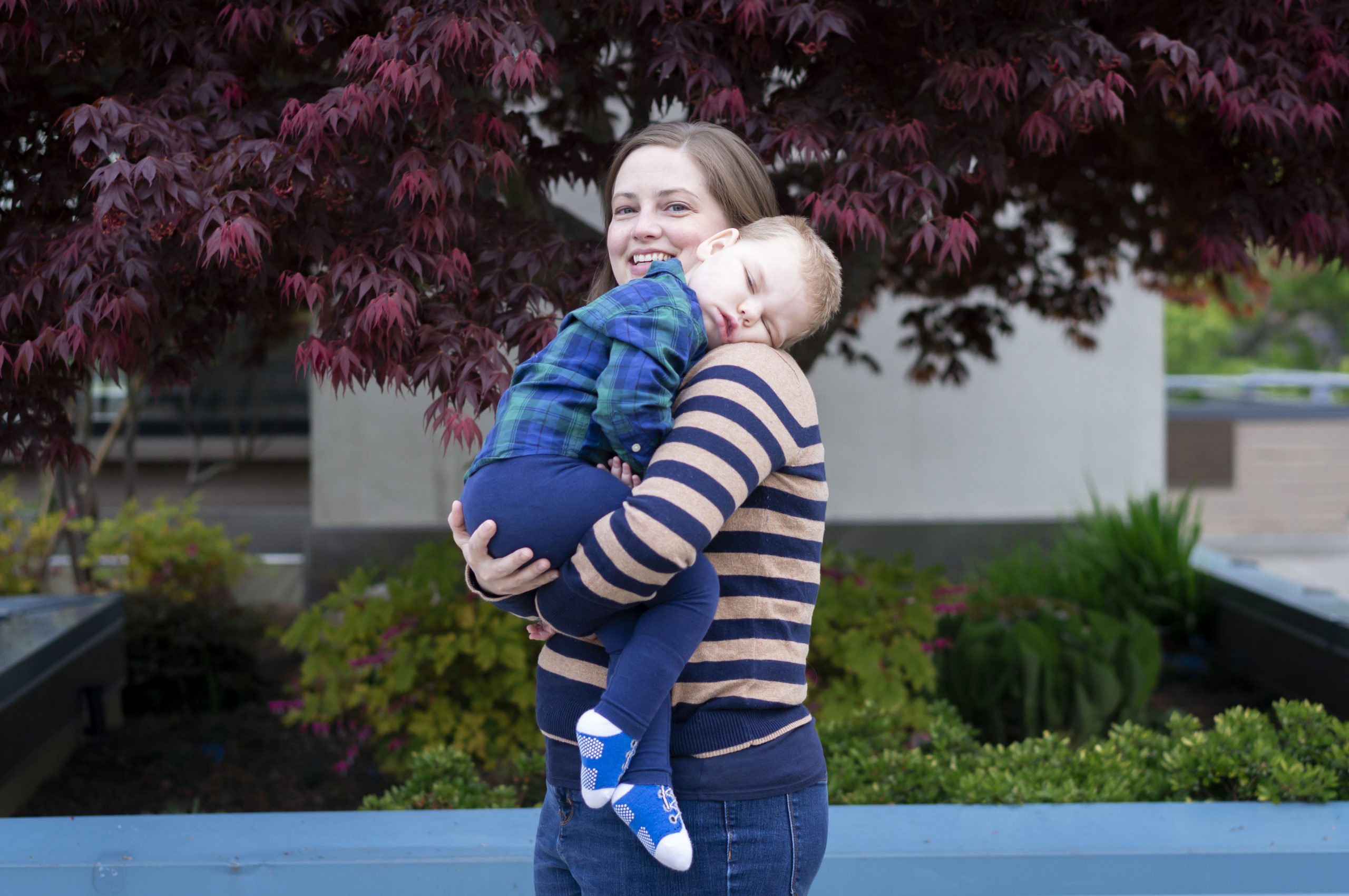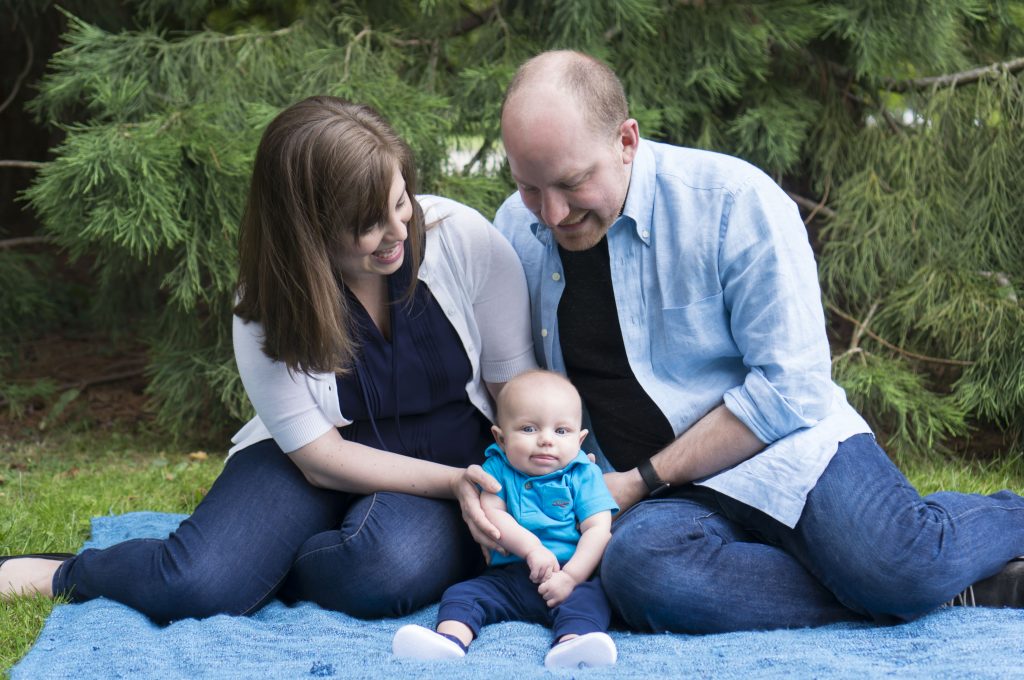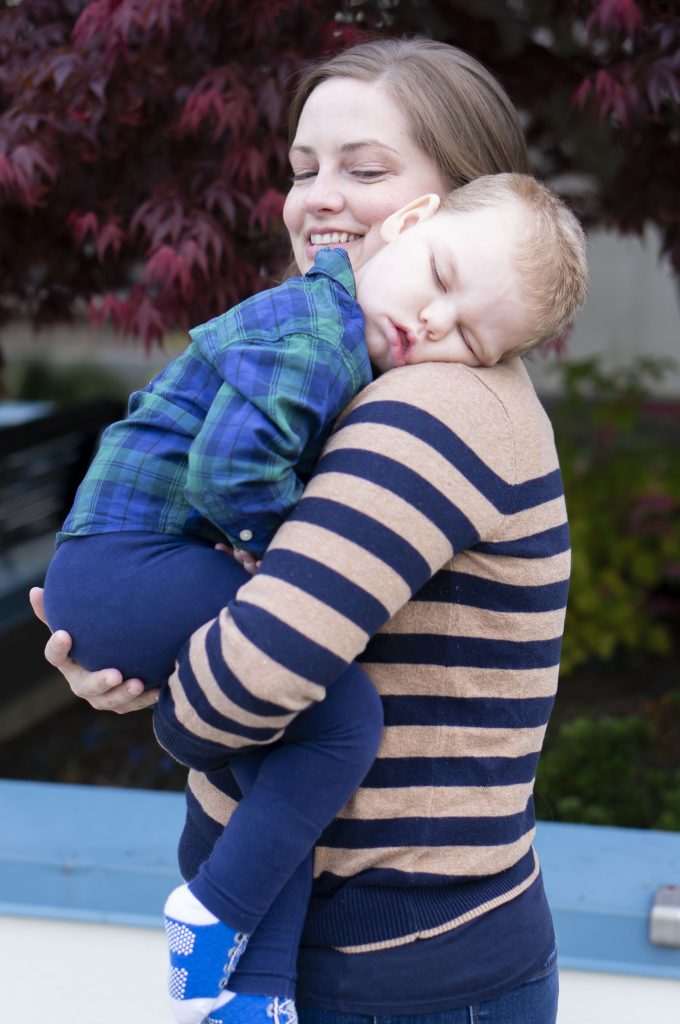2/1/2022
·Enable high contrast reading
Grappling with Persistent Obligation

My brain is buzzing with a very persistent question: what is my obligation? It sneaks up on me randomly, like when I’m trying to go to sleep, or working hard at the gym. It’s a variation on the existential theme of what is my purpose? – but a bit more specific. I’ve never bought into the idea of a grand “purpose” for my life, because that seems like a no-win situation. If I were to find a purpose, I’d feel compelled to pursue it to the exclusion of other opportunities. And if I didn’t find a purpose, well, then, I’d waste a lot of time looking.
But obligation is another matter. I believe in the adage that where much is given, much is required. Health? Got it. Home? Check. Safety, support, stability? In spades. And now, since Colson’s death, I find myself with time. Time that, frankly, feels like too much. The pivot from round-the-clock caregiving and persistent anticipatory grieving to living with Colson’s absence has been jarring. My first year of grief was about simply surviving each day. Now that I’ve figured out how to do that (sort of), I’m left with the much more daunting task of figuring out how to infuse meaning in those days. Which brings me to thinking about obligation.
 When Colson was alive, my obligations were clear. Love him, care for him, advocate for him. I was fortunate to be able to do that in and beyond my caregiving role. During Colson’s life, I was active in a family advisory group that supported the implementation of a new electronic health record system at Seattle Children’s Hospital. I raised funds on behalf of the United Mitochondrial Disease Foundation. I built relationships and shared resources with other families impacted by rare disease and disability through an amazing local Facebook group, moderated by some of the most compassionate community builders I’ve ever known. Finding people with similar lived experiences was crucial for me to meet my obligations as Colson’s mom. While I am still connected to all of these communities and grateful for them, I’m painfully aware that I am the worst case scenario for others in these groups. I’m the woman whose child died. Who didn’t beat the odds, which were awful to begin with. And, perhaps worse, I’m the woman whose child died, who willingly acknowledges that it was the right time for that to happen. I am trapped between the world of the living and the dead.
When Colson was alive, my obligations were clear. Love him, care for him, advocate for him. I was fortunate to be able to do that in and beyond my caregiving role. During Colson’s life, I was active in a family advisory group that supported the implementation of a new electronic health record system at Seattle Children’s Hospital. I raised funds on behalf of the United Mitochondrial Disease Foundation. I built relationships and shared resources with other families impacted by rare disease and disability through an amazing local Facebook group, moderated by some of the most compassionate community builders I’ve ever known. Finding people with similar lived experiences was crucial for me to meet my obligations as Colson’s mom. While I am still connected to all of these communities and grateful for them, I’m painfully aware that I am the worst case scenario for others in these groups. I’m the woman whose child died. Who didn’t beat the odds, which were awful to begin with. And, perhaps worse, I’m the woman whose child died, who willingly acknowledges that it was the right time for that to happen. I am trapped between the world of the living and the dead.
Remember the days of cocktail parties and networking events? Can you recall what it’s like to be in a room of some acquaintances and many strangers, not knowing what to do with your hands if they didn’t have a drink in them, and feeling horrifically awkward? This is my life. I don’t know what to do with my hands.
The word oblige comes from the Latin obligāre, “to tie up, restrain by tying, assign, place under a legal or moral constraint, pledge,” from ob- “toward, facing” + ligāre “to fasten, bind”. This etymology reads as restrictive at first glance, but with further review, there is something synchronous here. While many aspects of my life were constrained by mothering Colson, my existence was magnified by the bond we shared. I want to be bound to this world, this life, with even a shadow of the obligation I felt as Colson’s mom. It’s missing right now, as I know it’s missing for many parents who have lost children to serious illness. And for those who are in the midst of complex caregiving, doing one of the best and hardest things they will ever do, I imagine this potential loss looms large. Just as I found my footing with other complex caregivers during Colson’s life, I’m now easing into the embrace of bereaved parents doing their best to honor their children’s memories. Some, like me so far, stay connected to the disease communities and institutions that were central to their child’s lives, while others shift focus into creative or professional endeavors that honor their continuing bonds in different ways.
 Colson is not the only focus of my obligation rumination. I absolutely want to live my life in a way that honors his memory. And – perhaps more urgently on many days, I don’t want to leave my fellow complex caregivers behind. The life of a complex caregiver can be overwhelming, isolating, and often heartbreaking. When you’re in it, you need people willing to get in it with you. Which leaves me wondering about my entry point.
Colson is not the only focus of my obligation rumination. I absolutely want to live my life in a way that honors his memory. And – perhaps more urgently on many days, I don’t want to leave my fellow complex caregivers behind. The life of a complex caregiver can be overwhelming, isolating, and often heartbreaking. When you’re in it, you need people willing to get in it with you. Which leaves me wondering about my entry point.
Straddling the divide between life with Colson and life after Colson has proven to be excruciating. I’m afraid of taking the wrong next step. I’m afraid of becoming complacent. I’m afraid I’ve run out of excuses. But if I am to pursue some level of reciprocity with this world, my obligation now is to allow myself to move gently, even slowly into the future, no matter how much I want it to just hurry up and get here already.
Liz Morris loves exploring complex questions. Her professional experiences in project management, librarianship, and community development prepared her well for her favorite role as mom to Colson. Colson, impacted by mitochondrial disease since birth, inspired Liz to face the complicated aspects of his life through writing and advocacy. Liz serves as a family advisor at Seattle Children’s Hospital, and is a volunteer ambassador for the United Mitochondrial Disease Foundation. She is committed to helping families find the information they need to help them live well in the face of life-limiting illness. You can find Liz on Instagram @mrsliz.morris





